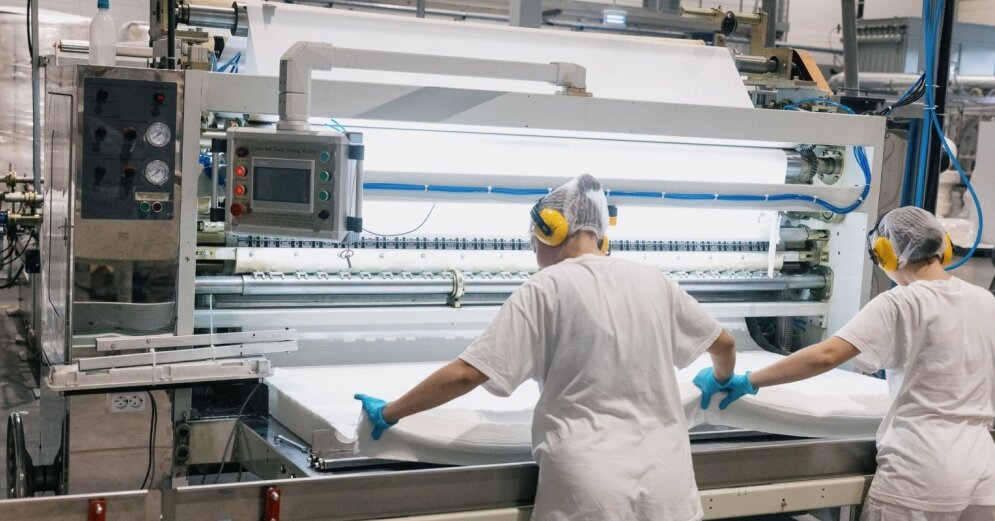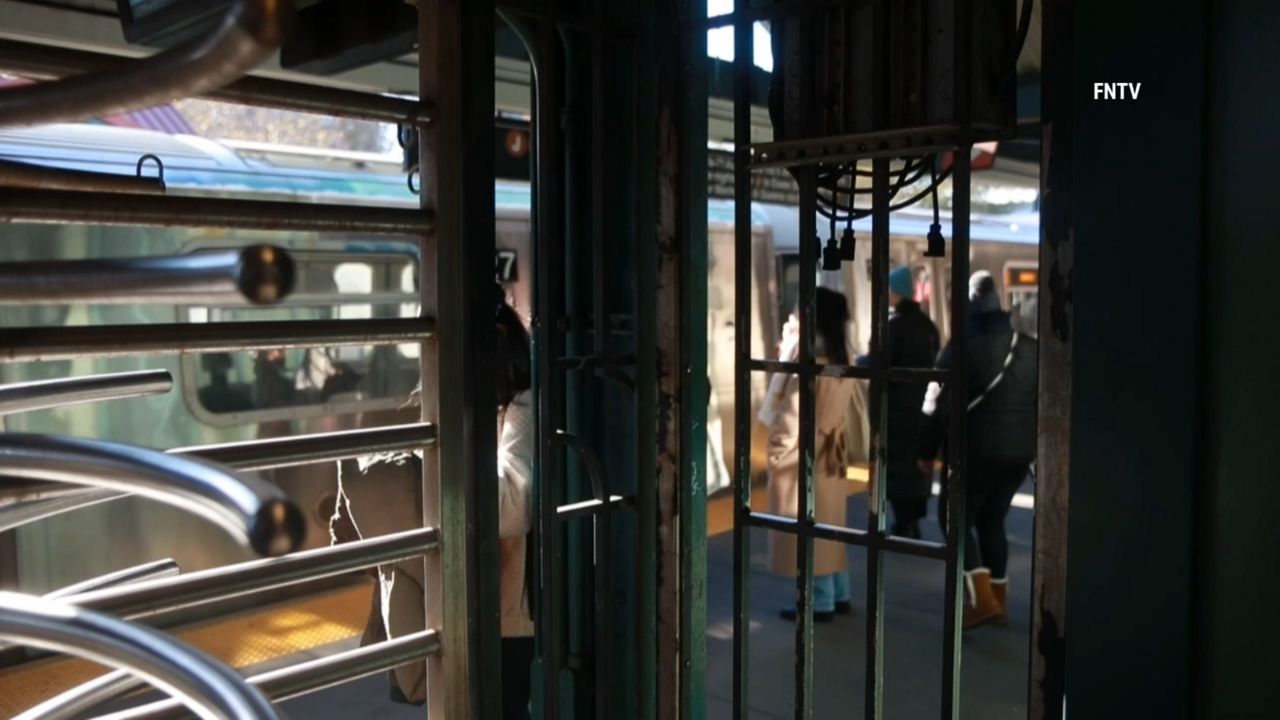“I don’t know what will happen tomorrow, but I think now we have to work calmly for two or three years and make short-term plans to maintain stability. Naturally, we want to develop renewable energy sources – a cogeneration station or install solar panels, which are very relevant at a given time to reduce the cost of electricity and be independent of the energy resource price fluctuations in the market,” the manager of “iCotton” honestly admits.
The events of recent years and the price jump also require the “iCotton” R&D team to be more creative and offer changes to the specifications, to find a way to offer the consumer a product of the usual quality at a lower price . “It’s a challenge for everyone, because costs are still high, but customers always need something cheaper,” explains Sergej.
“We can, for example, take a fabric and, without reducing its quality, lighten it with the finesse to which the consumer is accustomed. It does not lose quality characteristics, but only in volume and performs its function in exactly the same way, and the composition is exactly as high-quality as before, but by using fewer raw materials for making the fabric, you can achieve a lower cost. “iCotton” has the great advantage of being able to use different fibers in the company’s production: both of high quality prize fibers – organic cotton, hemp, flax; and simpler fibers – natural cotton or polyester – for price-sensitive markets,” adds Sabīne.
At the moment, cotton is bought for the factory from Turkey, China and India, as well as in slightly smaller quantities from Uzbekistan, but, looking at products in the near future, in the production of which hemp will be used as an alternative to cotton, Sergej admits which will be bought by the Baltic countries.
“Historically, Liepāja is a knitted city, and we also found a place here thanks to the Liepāja municipality, which offered us a good place in the territory of “Laumas”, where there were almost 10,000 square meters empty. This is the developed infrastructure are one of the main reasons why we are here,” explains Sergejs, underlining the great support of the local government, which effectively enables the growth and development of not only iCotton, but also other companies in Liepāja.
“It can be said that when “Liepājas Metalurgs” ended its activity, it all started: we see how companies grow, create new production facilities, offer new, unique and innovative products,” Sergej outlines the rapid development and it certainly isn’t agree with the statement heard many times that production in Latvia has collapsed. “It’s definitely not Liepāja!”

